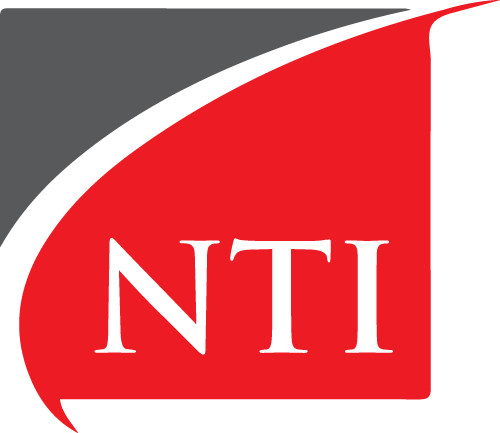In a world rapidly adapting to technological changes and shifts in educational methodologies, hybrid learning is becoming increasingly popular. As for the HVAC industry, this blended approach to education – incorporating both online and in-person elements – has proven extremely effective. In this article we will dive into the tangible benefits this innovative approach offers to HVAC professionals and trainees.
Flexibility and Convenience
One of the significant advantages of hybrid learning is the flexibility it affords. As it combines online learning with traditional classroom experience, students can learn at their own pace, in their own time, while also benefiting from face-to-face interaction. This convenience can be a perk for working individuals or those with personal commitments, allowing them to balance their studies with other responsibilities.
Real-World and Virtual Experience
In a field like HVAC, hands-on training is essential. A hybrid learning approach ensures students get practical, real-world experience in labs or workshops, while theory and broader concepts can be covered online. The virtual modules can also include simulations of real-world scenarios that students might encounter on the job, enabling them to practice problem-solving in a risk-free environment.
Broader Access to Resources
Online learning platforms used in hybrid education typically offer a wealth of resources, including video tutorials, eBooks, forums for discussion, and more. Students have the advantage of being able to revisit these materials for memory recall, fostering a deeper understanding of the subject matter. Additionally, these platforms also open the door to global resources and expert knowledge not confined by geographical boundaries.
Personalized Learning
Every student has a unique learning style, and hybrid learning allows for that individual approach. While self-paced online learning might suit some, others might benefit more from in-person interaction and guidance. Hybrid learning encompasses both these modes, offering a more personalized and therefore, more effective, learning experience.
Developing Essential Digital Skills
In an increasingly digital world, the ability to navigate technology is vital. Hybrid learning inherently requires a certain level of technological fluency, thus helping students develop and sharpen digital skills that will be beneficial in their future careers.
Collaboration and Community
The blend of online and offline elements in hybrid learning fosters a sense of community among students. Digital platforms facilitate collaboration on projects, and in-person sessions provide opportunities for networking and relationship-building. This mix can significantly enhance the learning experience.
Conclusion
Hybrid learning in HVAC training is a progressive step towards producing competent, well-rounded professionals ready to face the demands of a dynamic industry. It combines the best of both worlds – the flexibility and resource-rich environment of online learning, and the practical, experiential learning offered by traditional classrooms. With benefits like these, hybrid learning is undeniably an effective approach to HVAC education, poised to shape the future of the industry.
Share This Story
Get Started with NTI
We are here to answer your questions about NTI and the path for your career as an HVAC technician, electrician, plumber, or paralegal. Our team is dedicated to helping you make an informed decision about your future. Whether you’re just starting to explore your options or you’re ready to take the next step, we can help. Connect with us today to learn more and get started on the application process.
